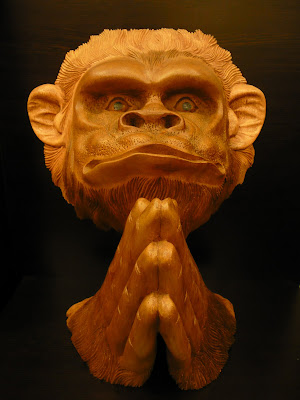Let us leave the Three Kingdoms to go to a land of eternal happiness – Peach Blossom Spring 桃花源 táo huā yuán. During the reign of Emperor XiaoWu of the Eastern Jin Dynasty (376-396), a fisherman following a stream suddenly came across a grove full of blossoming peach trees with lovely petals sweeping down, carpeting the ground. At the stream’s source through an opening in the hill, he came across a fertile plain with mulberry trees, serene ponds and swaying bamboos gracing the land.
There were well kept houses and men and women working in the field. Everyone whether young or old all seemed to be contented and happy. They were amazed to see the fisherman and treated him well. After several days of great hospitality, the fisherman bade them farewell and they told him “it is not worth telling people on the outside about us.” As he retraced his route, he left markers to find his way back. But he and others could never find that place again.
Shangri-la 香格里拉 xiāng gé lǐ lā is the Western equivalent of 桃花源. Both these names have become synonymous with our search for our 人间乐园 rénjiān lèyuán, our paradise on Earth. But where should we begin to start searching…? Or is it like the Tibetan said, “Happiness can be found in a cup of yak butter tea”. In the next post, I will tell you where my search led me…
(Meanwhile, this weekend I’m going to a retreat to do “unconscious dancing” 无意识舞蹈 wúyìshí wǔdǎo, for a few days. Stayed tune if you want to know more about it.)







No comments:
Post a Comment